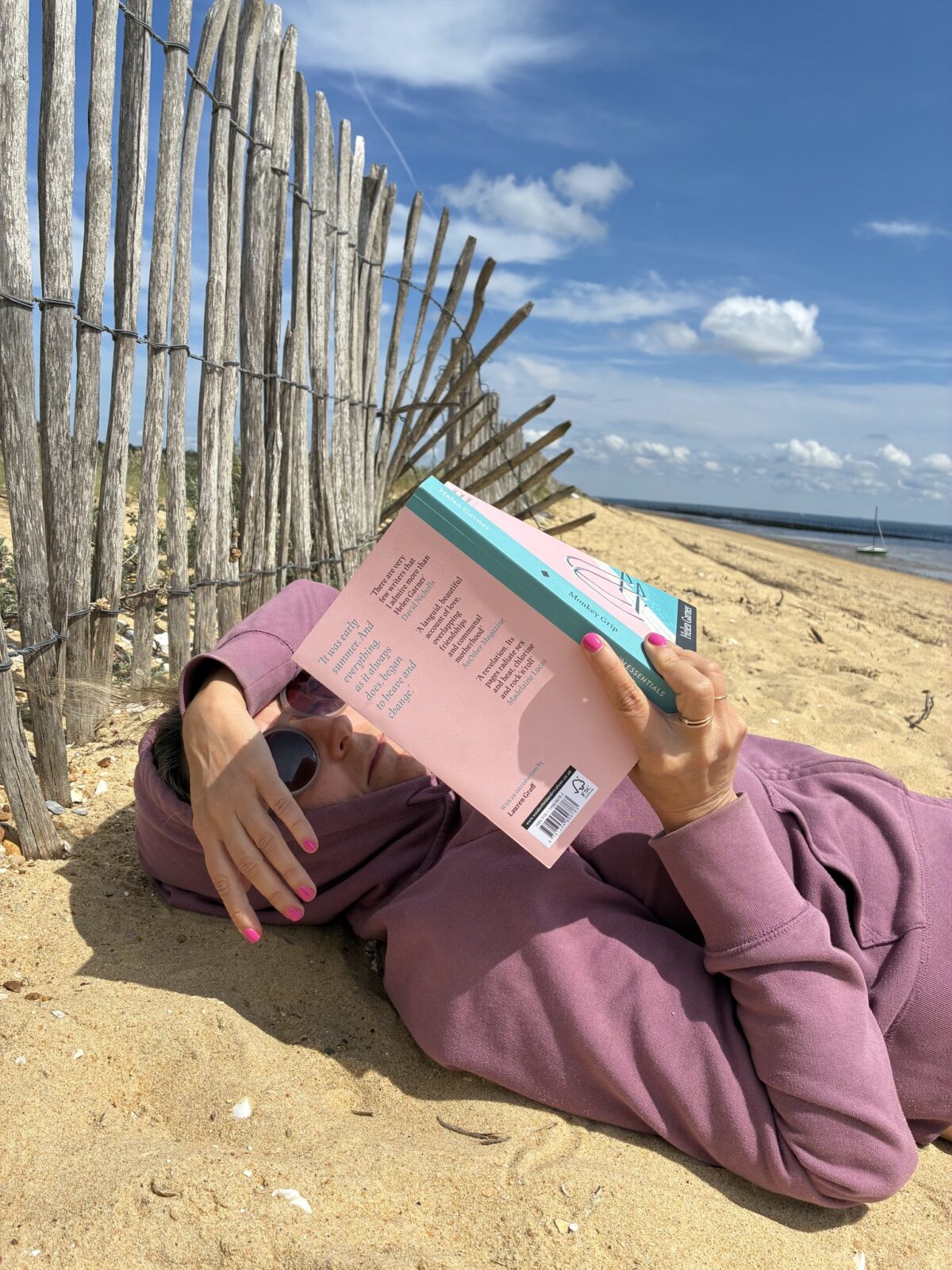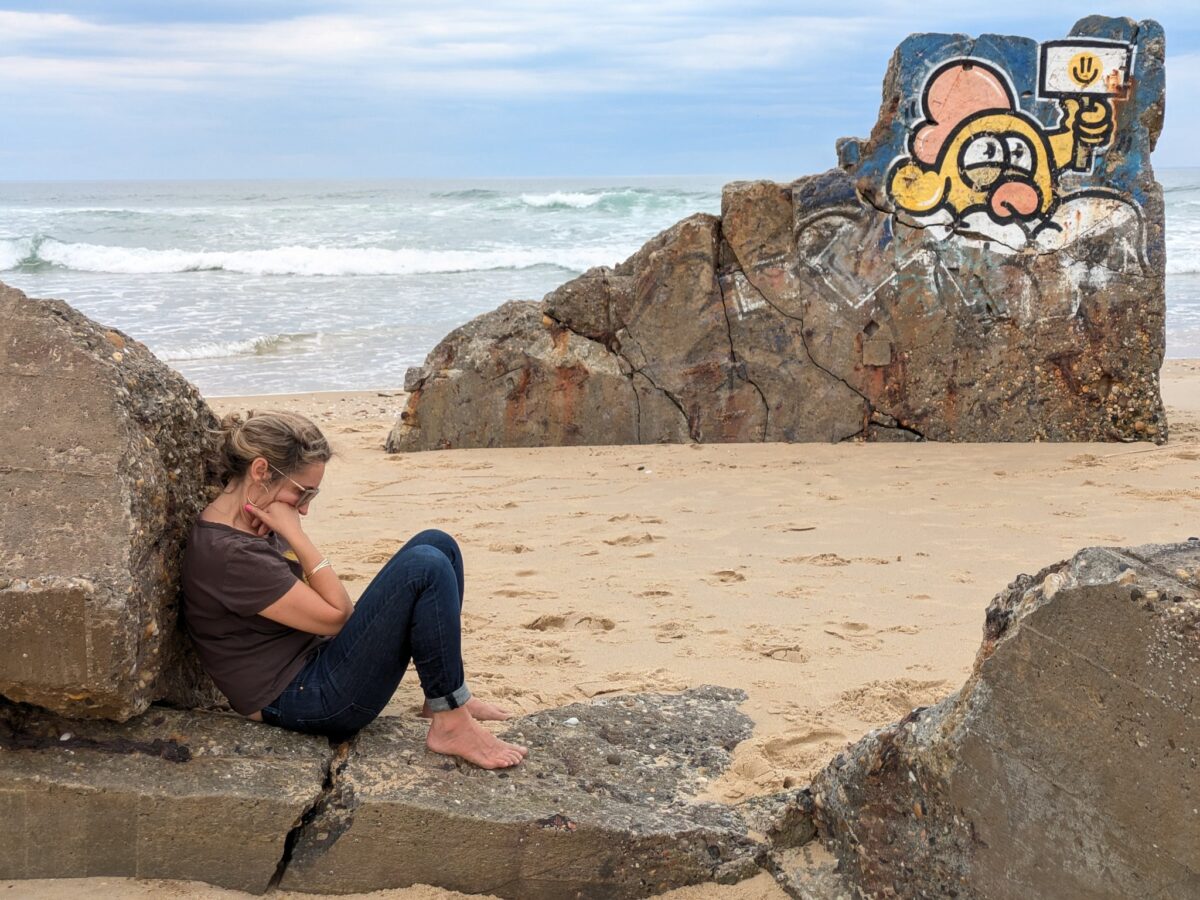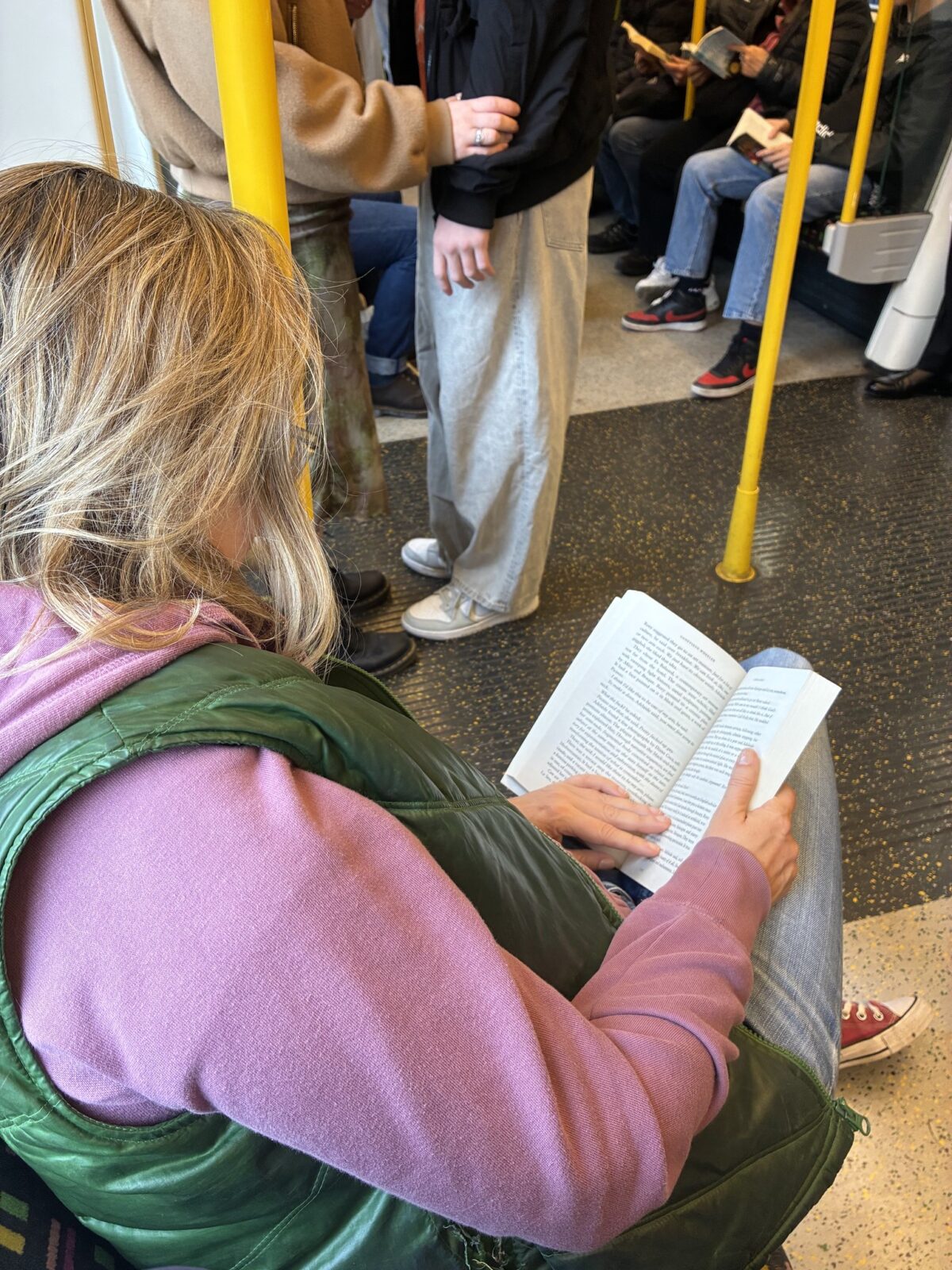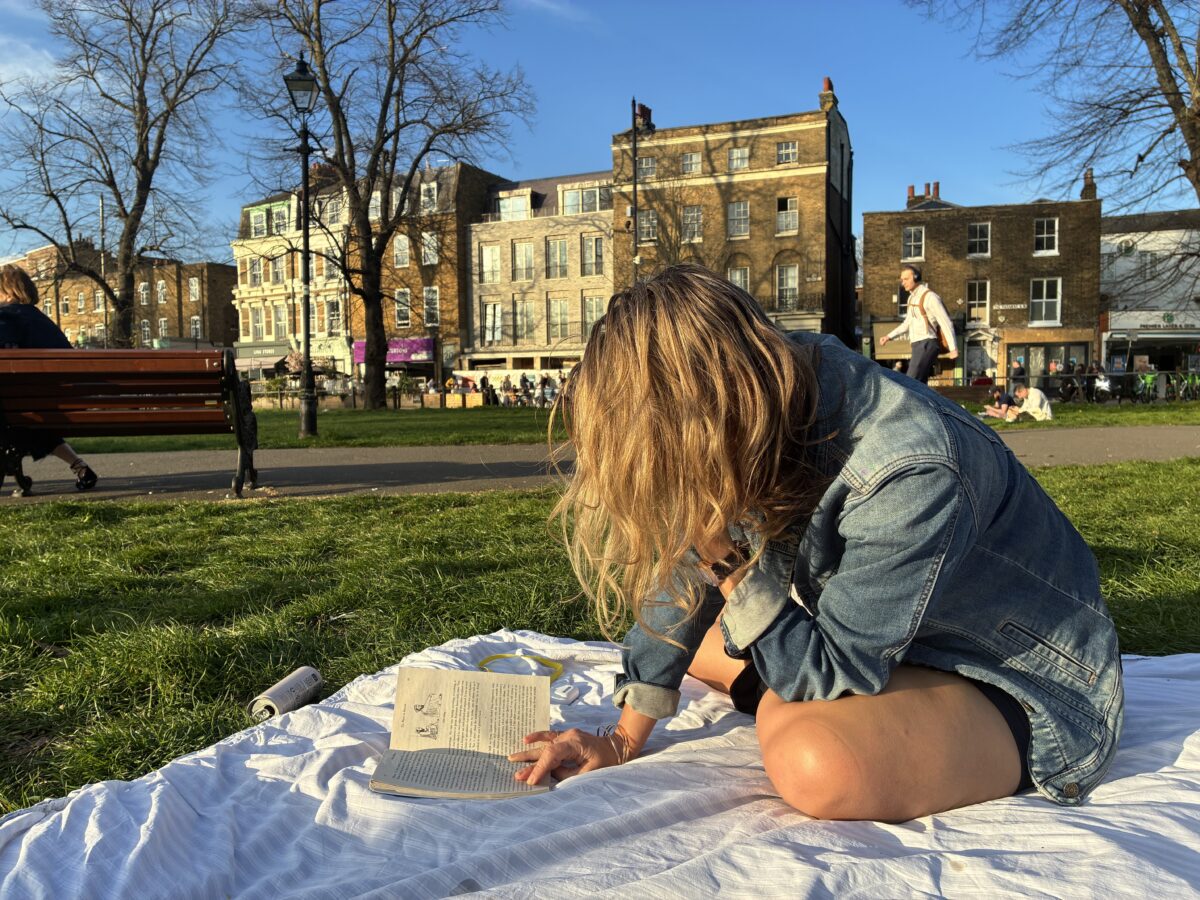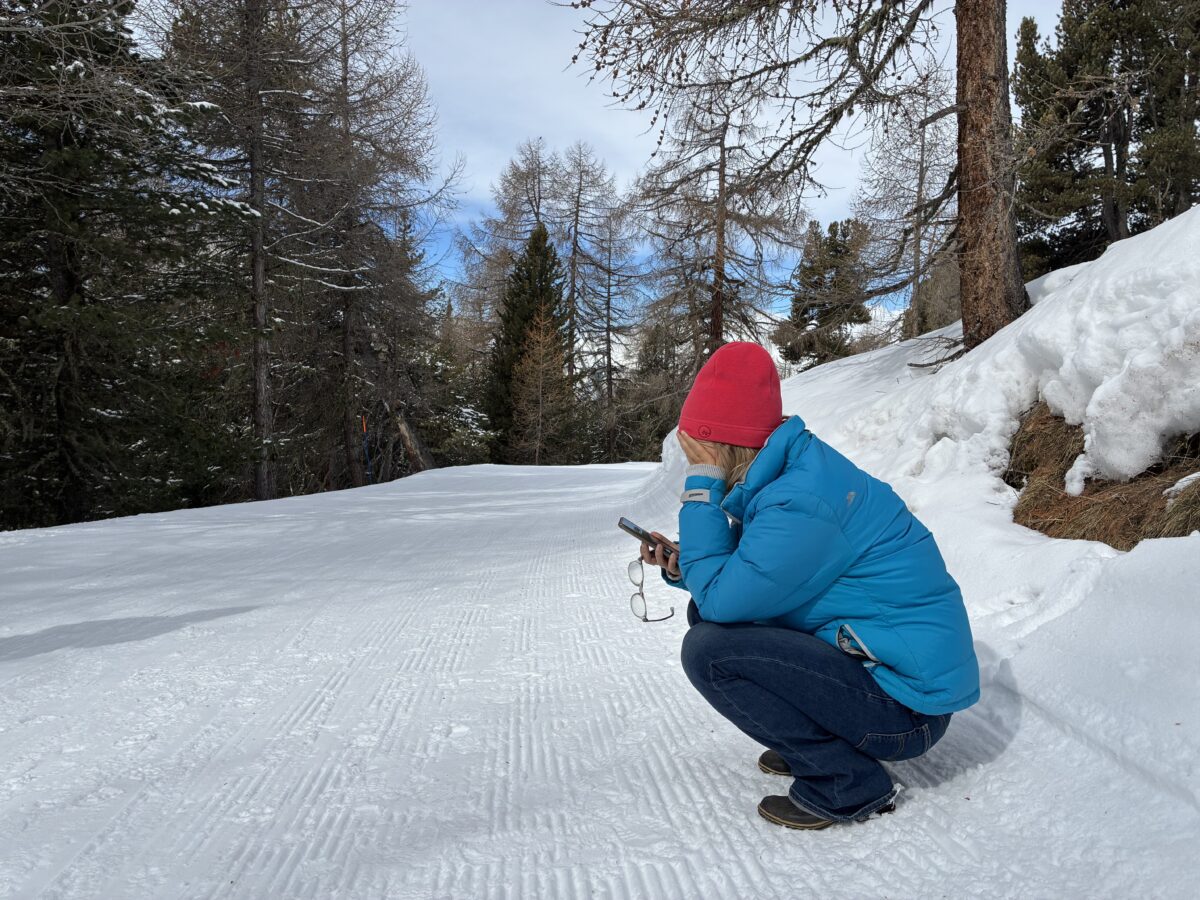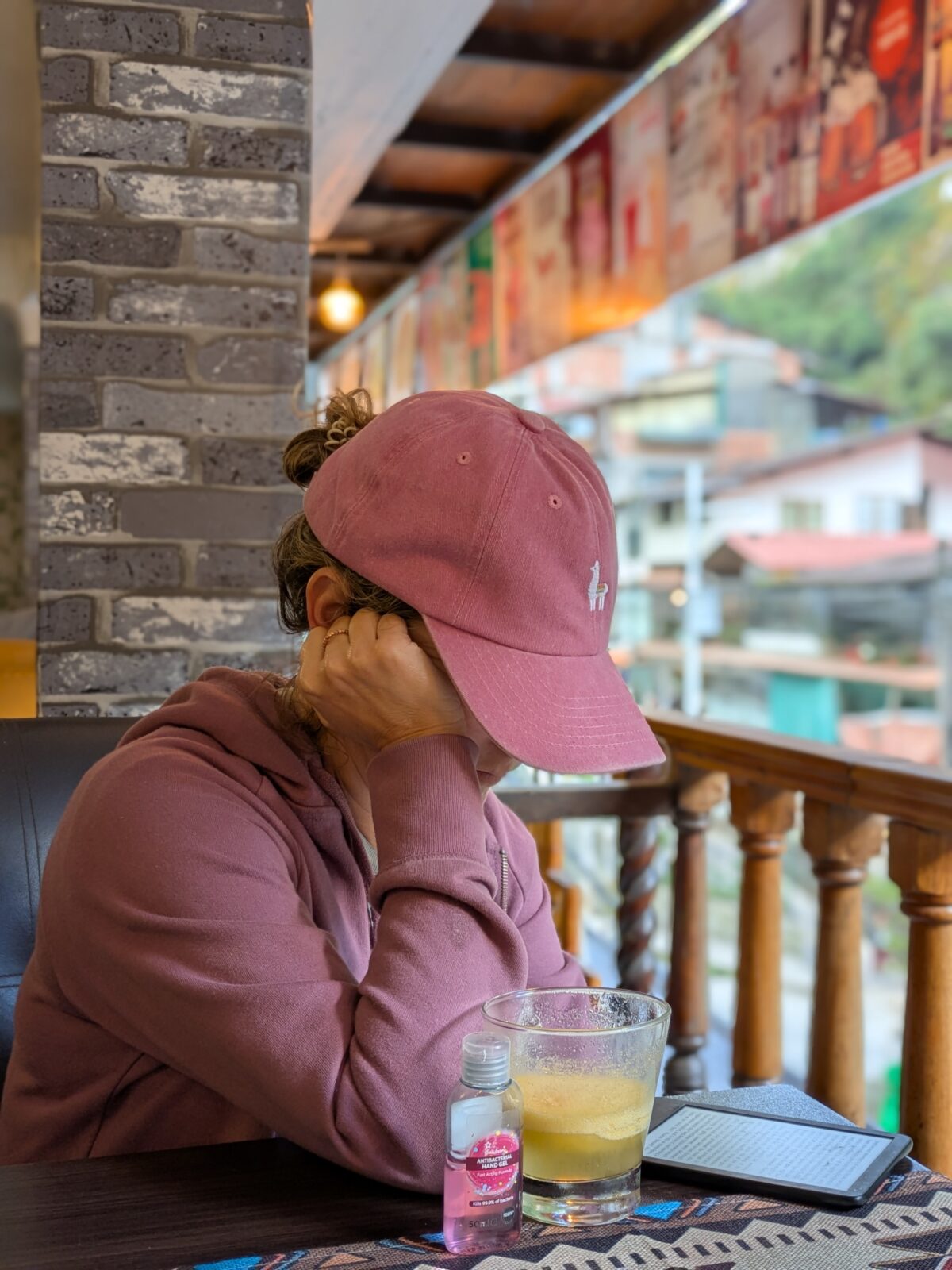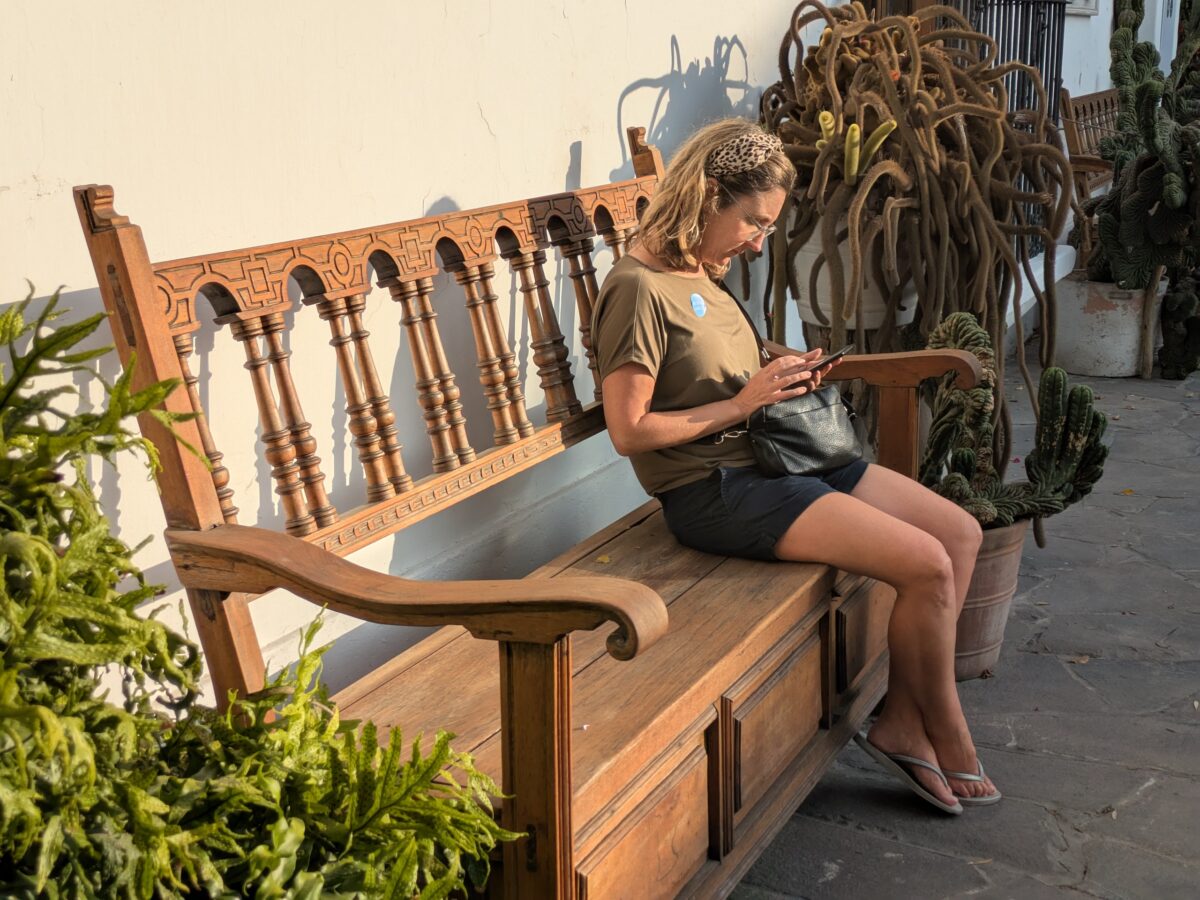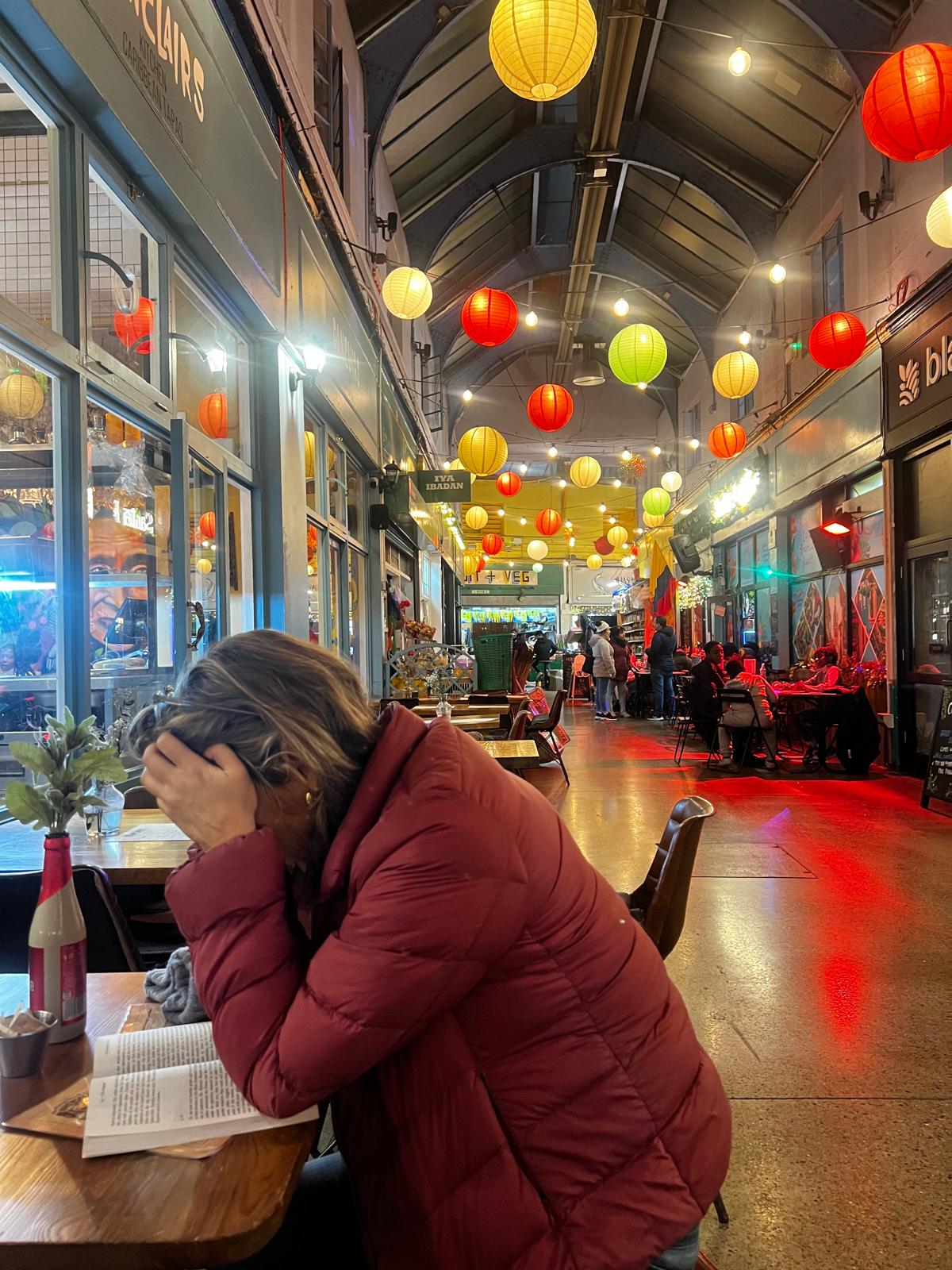Okay this one is really interesting. It just shows you that some people are miles ahead of their time. It’s about the identification of the source of the Nile, a topic of great interest in the west since Roman times, during which it a commonplace to call anything challenging ‘as difficult as to find the source of the Nile’. Several legions died trying. The mystery was eventually solved by John Speke. However, the hero of the tale is one Richard Burton.
This remarkable man, while British on paper was brought up all over Europe. (Big props to Burton as a schoolboy, who observed: ‘the sun never sets on the British Empire, but then it never rises either’). He grew up to be incredible at languages, speaking 25 well, and many dialetics. He had a system in which he could acquire a new language in two months, and never seemed to understand why others found it hard (!) He was the first Western person to go on the Haaj, managing to disguise himself as a Muslim (incredibly impressive, also very problematic).
He got the commission to try and find the Nile, though the voyage was underfunded, and at the last minute added Speke. So rough was Africa on European biology that people kept dying between agreeing to join and actually going. Speke managed to stay alive. Totally different to Burton, he was an aristocrat who spoke one language (English), and that not well. His main interest in going into the interior was, get this, hunting, so he could have specimens for the private museum he planned for his estate. It’s beyond satire. To give a flavour of the man, he was offered at one point the chance to dress as an Arab to make one section of the journey safer, but declined because he thought the Arabs were just trying to demean him by making him dress like them. Burton outright LOL-ed at the idea that Arabs would think themselves inferior to the English.
The two men and their army of porters endured many terrible things, starvation, fevers (a LOT of them), attack (in Burton’s case a spear through the mouth), etc. To give Speke his due, he was tough as hell. Once he was cover in beetles and tried to get one out of his ear with a knife, which ended up leaving him deaf. Here is Burton describing one incident, saying that he had set out to do or die, and: ‘I had done my best, and now nothing appeared to remain for me but to die as well.’
At the end of the expedition they were able to more or less figure that the source was in one of three lakes they had found (i.e., been led to by locals). One of these lakes only Speke had been to, Burton being too unwell. Speke became convinced this was the source. Getting back to England before Burton, he controlled the narrative, and the posh people in the Royal Geographic decided this posh man was clearly a better choice to lead the second Expedition than Burton. He was obviously heartbroken. Speke went back, established it was the lake he had seen, and then renamed it from Nyanza to Lake Victoria:
“Burton had found the renaming of the Nyanza not just presumptuous but preposterous: ‘My views . . . About retaining native nomenclature have ever been fixed, and of the strongest. Nothing can be so absurd as to impose English names on any part, but especially upon places in the remote interior parts of Africa’”
How contemporary is this man?!? Side bar, here he is on the Indians: Writing that Indians would soon decide that ‘the English are not brave, nor clever, no generous, not civilized, nor anything but surpassing rogues.’
You can see where he was not popular with the upper classes. Burton went on to variety of minor civil service roles while Speke had a fatal hunting accident that sounds a lot like a suicide. He had told Burton years before that “being tired of life he had come to be killed in Africa.”
Burton went on to translate the Kama Sutra (!), which made him a rich man. I loved this: “I have struggled for forty-seven years, distinguishing myself honourably in every way I possibly could. I never had a compliment nor a thank you nor a single farthing. I translate a doubtful book in my old age, and immeditaely make sixteen thousand guineas. Now that I know the tastes of England, we need never be without money.”
While Speke has the honour of identifying the source, Burton is the one about home multiple biographies are written; poor Speke has one monograph from over a hundred years ago. So I guess there’s justice in that somewhere.

